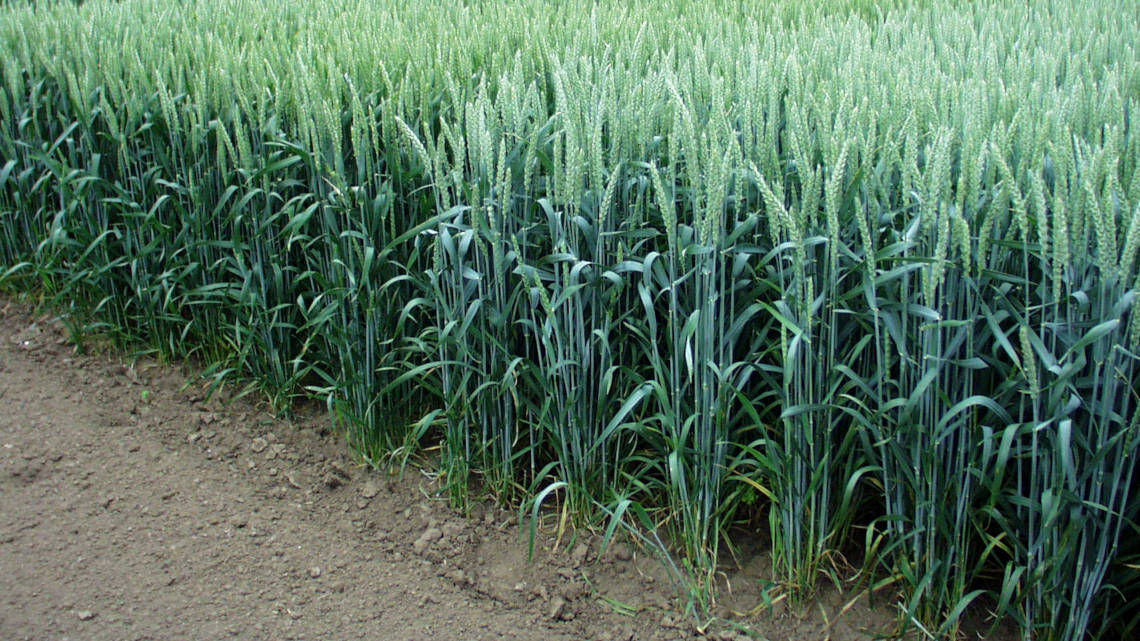Modern wheat varieties are strong performers
Even with less fertilizer and pesticide use, high-performance wheat varieties outperform their ancestors from before the intensification of agriculture.

Over the decades, plant breeding has continuously increased the yield of arable plants. But would these modern high-performance varieties be superior to their predecessors from before the intensification of agriculture even without fertilizers, chemical pesticides and changing climatic conditions? Researchers at the Justus Liebig University in Giessen, together with colleagues from other German universities and the Julius Kühn Institute, have presented empirical facts on this controversial question for the first time.
32 kilos additional yield per hectare
The answer is yes, as the scientists report in the journal "Nature Plants". The researchers cultivated and analyzed around 200 wheat varieties from the past 50 years at six different locations. Not surprisingly, the modern varieties proved to be the most efficient under ideal conditions: the latest varieties yielded an average of 32 kilograms more per hectare than old varieties.
However, the researchers were surprised by the result if they did not use pesticides and less nitrogen fertilizer: Here, too, the modern varieties consistently produced the highest yields. Even under drought conditions, they were superior to the old varieties. "It is a myth that old varieties perform particularly well under extensive conditions. Our experiments have shown this," sums up Holger Zetzsche from the Julius Kühn Institute.
More resistance and better nutrient utilization
Genetic analyses provided the explanation: Today's varieties not only boast higher yield performance, but also improved disease resistance and more efficient nutrient uptake and utilization. Because selection for high yields over the decades has taken place in many different locations, many properties have accumulated that improve adaptability to different environmental conditions. Even so, modern varieties still have a lot of potential for improvement in their gene pool, the results of genetic analyses revealed.
"Our results confirm the breeding strategies of the past decades and also the official authorisation procedure, which requires a cultural value for the authorisation of a new variety, in which not only yield performance but also resistance is included," confirms Frank Ordon, President of the JKI, the legal framework.
Modern varieties ideal for extensive agriculture
The study thus provides a clear message for future changes in agriculture, which will have to make do with fewer pesticides and fertilizers for environmental and climate protection reasons - and this under changing climatic conditions: The best plant varieties for extensive agriculture are the same as in intensive farming today.
bl/um


